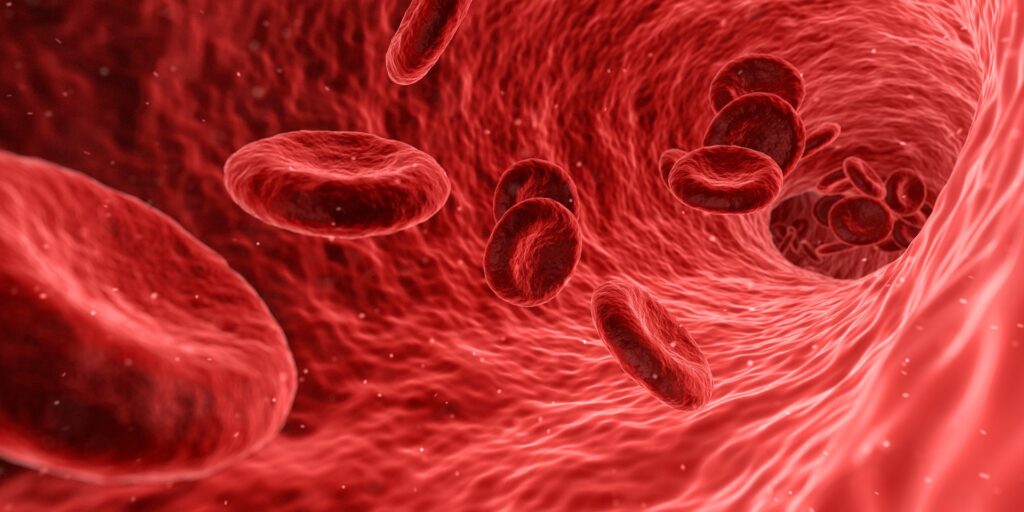As US polls show that half of Republicans voters are reluctant to get a COVID vaccine, two former senior Trump administration officials have said that former US President Donald Trump is being encouraged to urge his followers to get the jab.
The officials stressed that herd immunity could be threatened by Republican vaccine hesitancy, and that Trump’s followers will listen to him and him alone.
“Vaccines are widely regarded as one of Trump’s greatest accomplishments, and Trump understands that this legacy is at risk because half of his supporters are not taking the vaccine,” one of the officials told CNN. “It’s just not clear yet if he understands that he’s the only one who can fix this.”
The other official concurred. “In Trump country, if you want to call it that, there are still significant numbers of people who aren’t sure [COVID] is a real thing, despite folks getting sick, and there are lots of suspicions about the vaccine,” the source said. “They have literally said to me, ‘I want to hear from the president about this.’ I don’t think they’re going to listen to anyone else.”
Trump told Fox News last week that he would make a “commercial” about the vaccine, but did not make a firm commitment.
However, a person close to Trump disagreed he should take this approach. “He shouldn’t be pushing these vaccines. His posse isn’t exactly vaccine-approving and it could backfire,” the person said.
All the living former presidents save for Trump, and their wives, appeared in an ad campaign started last month encouraging vaccination – though Trump’s team denied he was approached to participate. This was because the team that organised the PSA did not think it was likely he would participate, according to a source close to that project.
In the Fox interview, Trump said, “I encourage them to take it. I do,” referring to his supporters, but has only spoken out a few times about vaccination.
Fifty-four percent of Republicans are either hesitant about or opposed to getting a COVID vaccine, according to a March survey by the Kaiser Family Foundation, and 29% said they would not get a vaccine under any circumstances.
The number of people 18 and over with at least one vaccine dose, the top 10 states are all states President Joe Biden won last November. Trump won 9 out of the bottom 10 states for vaccination.
A third former Trump official confided that as early as last summer, there were already concerns over Republican vaccine refusal.
“On Facebook I saw a ton of hesitancy for that group — just insane amounts of hesitancy already and we knew it was just going to get worse,” the official said.
That official said Trump ally Michael Caputo briefly mentioned to Trump last fall that it would be good for the president to do a vaccine PSA after the election.
One of the other former officials noted that recently, Caputo “in particular has been active in discussing” the possibility of doing a PSA with the Trump team.
“Michael takes this very seriously and sees this as a big public health problem,” said the source. “His stepping out, because he’s so connected to the president, is really going to be forceful and incredibly helpful.”
Mr Caputo served as assistant secretary for public affairs at the US Department of Health and Human Services, leaving after being diagnosed with throat cancer and a rant at heath scientists saying they were undermining Trump.
Mr Caputo confirmed to CNN that he met with Trump and the two men “spoke about vaccine hesitancy and what can be done about it.”
Trump’s final year in office will define his legacy, according to historians, which was marred by the failure to contain COVID and his incitement of a mob that stormed the US Capitol.
The former officials said they don’t want to see the vaccine development that Trump pushed undone by vaccine hesitancy, including among his own supporters.
“I see Operation Warp Speed tipping towards failure, and it really concerns me,” one of the senior officials warned. “If we don’t move half those people into the vaccinated column, we’re most likely not going to reach community immunity, and if we don’t reach it, then the president’s vaccine legacy is dead.”
The other senior official said Trump supporters would respond positively to the former president “taking ownership of Operation Warp Speed” and mentioning that he and his wife were both vaccinated.
“He could talk about how [vaccine uptake] is the way to get the country back to where it needs to be economically and socially, using his language that he uses with his supporters. I think that would be really powerful,” said the source.
Source: CNN




